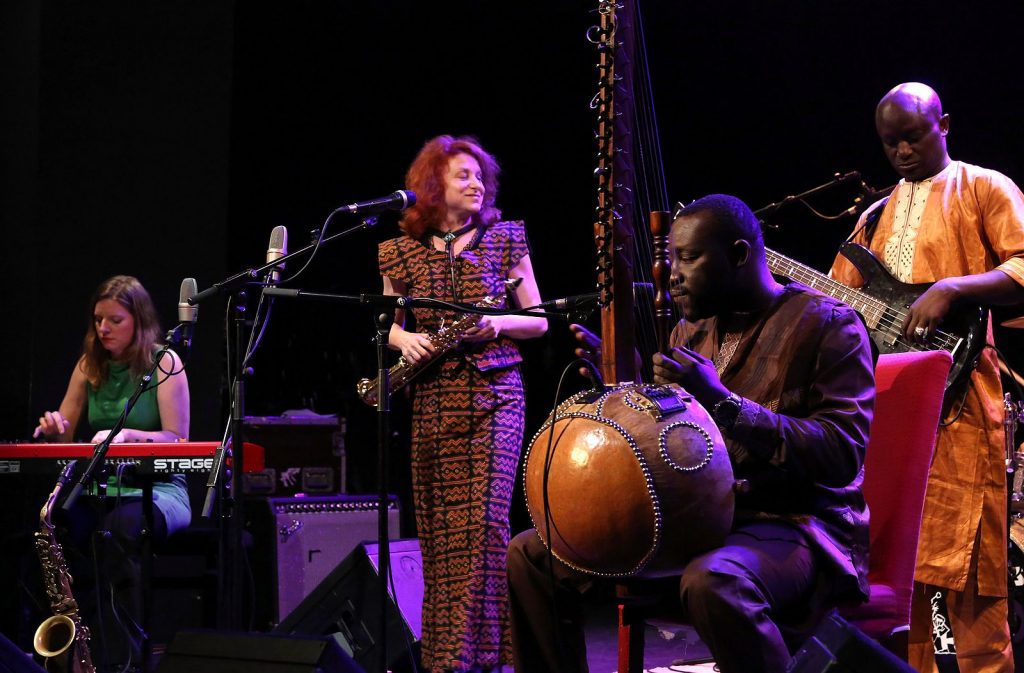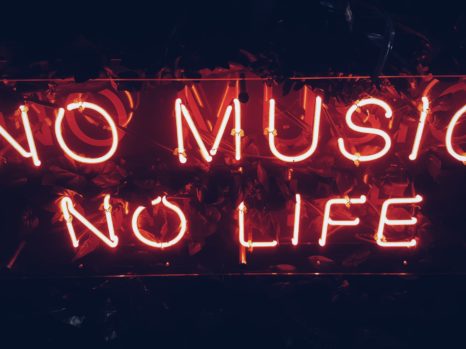Be honest. How many times did you mention you loved jazz music during a conversation with someone you wanted to impress, only to sweat your way out of it quickly for fear of them asking follow-up questions. The truth is that you may know how to recognize some of the most popular tunes, you know it is about improvisation to a certain respect – but this is not exactly your favorite part, and you know how well it helps a fancy glass of alcohol go down in style. Jazz has the reputation of being that genre reserved for the connoisseurs, which makes you look good in conversations. But here are some interesting things that will help you keep up the conversation, not only introduce the notion then run away from it.
INTERESTING THINGS ABOUT JAZZ MUSIC
You cannot really mimic a passion for jazz if there is no real appreciation for the genre
Jazz is the most complex form of music in the world. Therefore, if you are keen on going down this road, you better be prepared. Apart from the soft jazz played as ambient music in cafés and restaurants, there are over 50 variations and types of jazz music of which the most popular are Afro-Cuban Jazz, Boogie-woogie, Bossa Nova, Continental Jazz, Cool Jazz, Crossover Jazz, Dixieland Jazz, Free Improvisation, Jazz Blues, Latin Jazz, Ragtime, Smooth Jazz, Soul Jazz, Swing, Vocal Jazz. Jazz combines everything, from European cultural values, to African or South-American beats, to modern elements.

Jazz singer
To a musician, jazz can be whatever he wants it to be
And this is the great appeal of the genre. To an untrained ear, improvisation can sound like a well-practiced performance, although the musicians are just getting in tune with one another. Watching them, you would say that the real treat is that of the people playing and guiding each other through the song. But this does not mean that the listeners do not get a treat as well. On the contrary.
To a connoisseur, the fun part of listening to a jazz improvisation bit consists in distinguishing the elements characteristic to all musicians performing on stage. As, while music allows them to communicate telepathically, they must create melodic lines that are both in tune with those of the other musicians, as well as different and expressive.

Jazz musicians
What to listen for when trying to understand jazz music
Jazz music can be broken down into bass line, melody, harmony, and improvisation. Therefore, if at one point you come across a performance that sounds too chaotic for your ears to comprehend, break it down. Start by following the bass line. This will come out the strongest and it will give you an idea of how the song is like. Bassists will provide the musical counterpoint for the other instruments and they will help set the rhythm. Drummers will usually have the same task.
Harmony will be provided by pianists and guitarists. These musicians get their cues on keeping time from bassists and drummers, but they will provide the rich variety of musical textures over the bass line backbone of the song.
Improvisation is left to saxophonists and singers, and everything they do in this respect can only enrich the song.
Don’t think of jazz music the same way your think of other genres
With other genres, you learn to identify a song and to know it. But when it comes to jazz, you may discover differences in the interpretation of one song from one performer to the other. Therefore, while some musicians love the freedom offered by jazz and they feel confident enough to introduce their signature mark in the song, others will try complex variations of the same melodic line. The result is that the song is always new, always exciting, and unpredictable.

Edith Lettner and the African Jazz Spirit in concert, 2014
The best place to appreciate a jazz performance is at a venue
Sure, a CD and an evening spent at home or in another elegant setting is just as nice, but for a real life-changing audition, jazz must be a live experience. Go to a jazz venue and take in every note by yourself. Being around people who appreciate the genre will also enhance your understanding of jazz and it will give you an idea on etiquette in such places. Like the fact that conversations should be kept in a very low voice during the performance of the artists.
Everything about jazz is wonderful and spontaneous and to be a few feet away from the stage is the best way to experience jazz at its finest.
Go through several types of jazz music to get a good understanding of the genre as a whole
Even though you may prefer swing, Continental Jazz, and Bossa Nova, it would not hurt to find out what else is out there. Also, almost anyone can mention Louis Armstrong, Ella Fitzgerald, and Nat “King” Cole. But in order to know jazz, you need to expand your knowledge and listen to more artists and different styles. After all, you cannot have a clear understanding of the genre without having an overall image of it. What is more, since jazz is such a hybrid type of music, you are bound to hear some of the less familiar elements in the variations you are only exploring.

Saxophone
Understanding jazz is a lifetime commitment
Ever-changing and ever-mesmerizing, jazz is a genre that can become whatever you want it to be, it can transform into something completely different, yet still hold the essence of your favorite tunes. It would help to take a class on jazz music, but it is more important to keep learning about it.
One thing we can tell you for sure. Maybe it might start out like a curiosity and you will follow instructions to the point, like listening to one song several times to single out the bass line, the harmony, and the improvisation elements. But in time you will learn to listen with your heart, your understanding of jazz will deepen, and you will get to that point of mastery of jazz auditions without effort. Only with great pleasure.











